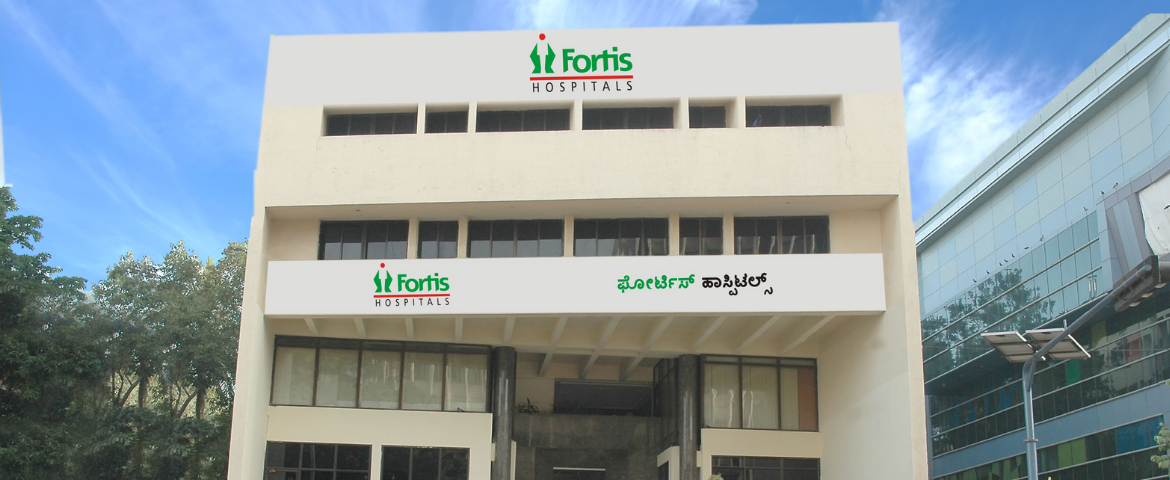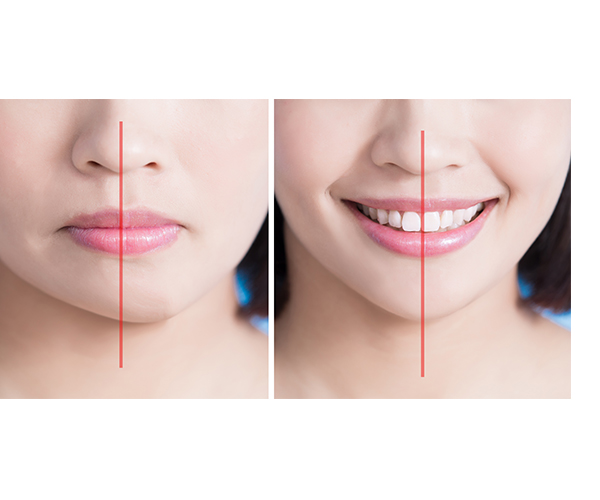Mentoplasty cost in India
The cost of Mentoplasty in India ranges
from USD 1400 to USD 2000
Procedure Description:
Mentoplasty
Chin surgery, sometimes referred to as genioplasty or mentoplasty, is a surgical technique used to remodel the chin through bone reduction (mentoplasty) or enlargement using an implant (genioplasty). The lower jaw line and chin area can frequently be treated with plastic surgery and other modest office operations to improve facial proportions and boost confidence and self-esteem. Board-certified plastic surgeons usually recommend these kinds of procedures to balance the chin, jaw, cheek, and forehead and to enhance the harmony of facial characteristics.
A procedure known as a mentoplasty or genioplasty may occasionally be used to advance jawbone.
As an alternative, contoured silicone implants can be used to increase the chin's protrusion. On the other hand, a chin that protrudes excessively can be reduced by removing bone. Furthermore, for better chewing dynamics and occlusion, or how the teeth fit together, adjustments to the upper and/or lower jaw may be recommended. These procedures can be quite basic or extremely sophisticated.
Problem Overview:
Asymmetry, excess, or deficiency of the chin
A face that is asymmetrical has one side that is noticeably different from the other in terms of the size, form, or arrangement of its features. An asymmetrical face is one in which, instead of being identical or nearly identical in a symmetrical face, the two sides would not be substantially similar to each other if a line were drawn down the center of the face. Even though some degree of asymmetry is normal for faces, extreme imbalances can negatively impact your appearance and self-esteem.
Problem Causes:
The two primary categories of causes of facial asymmetry are acquired and developmental.
1. Developmental asymmetry can result from environmental or genetic variables, such as prenatal behaviors, and is frequently evident from birth. Concern the hereditary characteristics
2. Later-onset injuries or disorders that affect the nerves or joints of the face, such as facial trauma, can result in acquired asymmetry.
Among the major variables affecting facial symmetry are: Genetics: Facial symmetry is mostly determined by genetic factors. Uneven facial features from birth can be caused by inherited traits from parents, primarily related to skeletal structure and the size and placement of face bones.
Age: As we become older, our skin may become less elastic and our facial muscles may weaken and relax.
Environmental Factors: Prolonged sun exposure can create uneven pigmentation, wrinkles, and sagging skin, all of which can contribute to an uneven face.
Injury or Trauma: If facial trauma or injuries, such as fractures or nerve damage, are not appropriately treated, they may cause asymmetry in the face's structures that can last a lifetime. Individual differences exist in the healing process, which can also result in alterations to facial symmetry.
Dental Work: Asymmetrical faces can result from orthodontic procedures or dental problems like missing teeth that alter the alignment of the jaw.
Medical Conditions (Strokes, Bell's Palsy): Correct diagnosis and treatment planning depend on the ability to distinguish between acquired and developmental asymmetry.
Problem Diagnosis:
Comparing the two sides of your face in a mirror is one easy way to test your facial symmetry. Finding any variations in the eyes, ears, and nostrils can be facilitated by drawing an imaginary line along the middle.
Taking a frontal face photo is a simpler way to assess your facial symmetry. After printing the image, annotate the following key features on each side of the face:
1. Peak of the forehead.
2. The base of the chin.
3. The widest area of your nose.
4. The broadest area of your face.
5. The beginning of your lips on the sides.
6. The beginning of your eyes adjacent to the bridge of your nose.
7. The furrow on the outer corner of your eyes.
You can check for symmetry by drawing horizontal lines with a ruler between each side of your face's features.
Problem Treatment:
The goal of non-invasive therapies is usually to bring back harmony and balance to the face; these methods work best for mild asymmetries.
When soft tissues like muscles and skin are the source of the asymmetry, non-invasive procedures usually rectify an uneven face. In cases of more severe asymmetrical facial symptoms or unequal facial characteristics that cannot be effectively repositioned, surgical procedures may be necessary.
Surgical implants are used for chin augmentation, which modifies the face's basic structure to balance the facial features. The addition of material to a patient's chin and its decrease are referred to by the specialized medical terms genioplasty and mentoplasty.
Country wise cost comparison for Mentoplasty:
| Country | Cost |
|---|---|
| India | $2160 |
| Singapore | $5097 |
Treatment and Cost
15
Total Days
In Country
- 4 Day in Hospital
- 2 No. Travelers
- 11 Days Outside Hospital
Treatment cost starts from
$2400
Popular Hospital & Clinic
Featured Hospital
0 Hospitals
Related Packages
More Related Information
Some of the top rated hospitals are:
- United Arab Emirates
- Burjeel Hospital, Abu Dhabi
- New Hope IVF Gynaecology & Fertility Hospital, Sharjah
- Iranian Hospital, Dubai
- Kings College Hospital Dubai
- Zulekha Hospital Sharjah
- Burjeel Hospital for Advanced Surgery Dubai
- Burjeel Medical City, Abu Dhabi
- NMC Royal Hospital, Khalifa City, Abu Dhabi
- NMC Royal Hospital Sharjah
- AL NOOR HOSPITAL, Abu Dhabi
- Al Zahra hospital, Dubai
- NMC Specialty Hospital, Al Nahda, Dubai
- Singapore
- Mount Elizabeth Hospital, Singapore
- National University Hospital, Singapore
- Singapore General Hospital, Singapore
- Changi General Hospital, Singapore
- Gleneagles Hospital, Singapore
- Johns Hopkins Singapore International Medical Centre, Singapore
- Thomson Medical Centre, Singapore
- Mount Alvernia Hospital, Singapore
- Novena Medical Centre, Singapore
- Alexandra Hospital, Singapore
- United Kingdom
- Cancer Centre London
- The Highgate Hospital
- The Holly Hospital
- The Parkside Hospital
- Circle Reading Hospital
- Shirley Oaks Hospital
- St Edmunds Hospital
- The London Clinic
- Woodlands Hospital
- The Christie NHS Foundation Trust
- Royal Marsden Hospital
- Queen Elizabeth Hospital Birmingham
- London Bridge Hospital, HCA Healthcare




